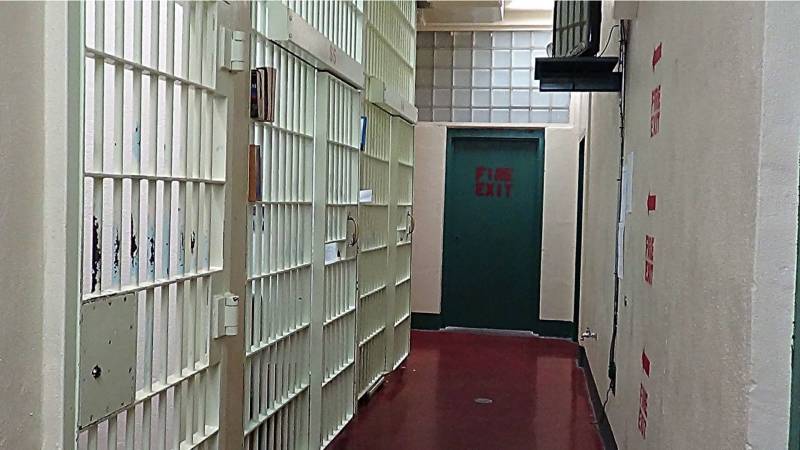Immigrants who sued to be released from detention during the COVID-19 pandemic have won support from a federal appeals court in San Francisco. A three-judge panel of the 9th U.S. Circuit Court of Appeals agreed Thursday afternoon that conditions in two California facilities were so hazardous they likely violated the Constitution.
Last spring, the detainees sued U.S. Immigration and Customs Enforcement, saying the impossibility of social distancing and the lack of COVID-19 testing and measures like masks and disinfectant put them at risk of illness and death.
U.S. District Judge Vince Chhabria agreed, calling crowded conditions a “tinderbox” at the Yuba County Jail and the privately run Mesa Verde ICE Processing Facility in Bakersfield.
Chhabria issued a series of injunctions to force ICE to improve the conditions of confinement. And he reviewed scores of bail applications, eventually releasing more than 130 people from the two facilities.
The Trump administration and the private prison company GEO Group appealed, saying the judge lacked authority to remedy conditions or release detainees.


